The fight against corruption and negativity in Vietnam in recent years has achieved important results, creating a solid foundation and basis for building a clean and healthy political system and social environment, strengthening people's trust in the Party and the regime, and being highly appreciated internationally.
However, hostile and reactionary forces have been trying to spread the wrong view that: The one-party regime is the cause of corruption; corruption is inherent in the socialist regime in Vietnam. Only when Vietnam abandons the one-party regime and implements a multi-party system can corruption be eliminated.
So why can we affirm that the above viewpoint is wrong?
Multi-party system is not a magic bullet to fight corruption
First of all, corruption is a disease caused by the manipulation and degeneration of state power. Having a state means there is a risk of corruption, regardless of whether the state is socialist or capitalist, following a multi-party or one-party political system. Only when power is tightly controlled with a synchronous and increasingly perfect management and prevention mechanism, can power not be abused, and corruption can be controlled and minimized. Thus, the one-party regime is not the cause of corruption, nor is it impossible to fight corruption.

Illustration: State Organization Magazine
In fact, in countries with multi-party systems, corruption is still rampant. The Corruption Perceptions Index (CPI) 2022 report, published by Transparency International (TI) in early 2023, shows that there is no country in the world that is free of corruption, and no state is completely transparent and clean. TI uses a scale from 0 to 100 to reflect the views of experts and the business community on the transparency and effectiveness of each country's anti-corruption work, in which a score of 0 is very corrupt and a score of 100 is very clean. The country with the highest score in the world in this ranking is Denmark with a score of 90, Finland and New Zealand are tied for second with a score of 87. Also in this ranking, Japan and the United Kingdom are ranked 18th with a score of 73, the United States is ranked 24th with a score of 69, and South Korea is ranked 31st with a score of 63. Thus, from the above report, the countries at the top of the rankings in terms of anti-corruption are still not completely clean and transparent. Countries that always promote themselves as models of democracy and anti-corruption spirit still have quite modest anti-corruption indexes.
If anyone thinks that implementing a multi-party system will create a miracle to eliminate corruption, they are completely wrong. Vietnam ranks 80th in the list of 180 countries and territories in terms of CPI. Thus, there are 100 countries and territories ranked below us in this list. And the vast majority of these countries follow a multi-party system. So why are countries and territories with multi-party political systems still less effective in preventing and fighting corruption than Vietnam?
Thus, it can be seen that the effectiveness of corruption prevention and control does not depend on a single-party or multi-party system, but on the quality of the legal system, the governance capacity of the State and the quality of officials and civil servants. It would be naive for anyone to believe that with multi-party systems, there will be better control of power, leading to the elimination of corruption. In multi-party countries, there is always a power agreement between the parties representing the ruling class of society. No matter how many elections there are, state power cannot escape the domination of these parties. Therefore, in those countries, the risk and reality of corruption is always an existing challenge.
Our Party has enough leadership capacity to prevent and fight corruption and negativity.
What about Vietnam, a country led by one party, the Communist Party of Vietnam ? Reality shows that the revolutionary nature, vanguard spirit, and practical leadership and organizational capacity are the fundamental factors that determine and ensure that the Communist Party of Vietnam has the ability to effectively fight corruption.
According to TI’s report, while the situation has not improved or worsened in 86% of the countries in the ranking, Vietnam’s CPI has continuously improved. Vietnam is one of the countries with outstanding progress, with 42 points, up 9 points since 2018.
That is the result of a very drastic process of anti-corruption led by our Party. With the awareness that corruption is a threat to the survival of the regime, our Party has determined that the fight against anti-corruption is a necessary, inevitable task, in line with the people's wishes and the development trend of humanity. Therefore, continuing the results from previous terms, the 13th National Party Congress set out the motto: "Resolutely and persistently fight, prevent and repel corruption and negativity with higher political determination, stronger and more effective actions".
A notable mark is the Politburo's decision to supplement and expand the functions, tasks and powers of the Central Steering Committee on anti-corruption to direct the work of preventing and combating negativity. From here, the fight against corruption entered a new phase, going deeper, more closely linking "building" and "fighting", between anti-corruption and Party building and rectification. Immediately after that, the Steering Committee decided to put a number of negative cases under monitoring and direction, through which, the authorities clarified and strictly handled the negative behavior of many cadres and Party members.
Investigation and handling of corruption and negative cases and incidents continue to be promoted. The authorities have proactively detected, resolutely fought, prosecuted, investigated and handled many very serious and especially serious corruption and negative cases, occurring on a large scale, in specialized fields, operating in closed areas, with systematic and organized violations, both in the state and non-state sectors. Since the beginning of the 13th National Congress term, the prosecution agencies nationwide have prosecuted and investigated more than 7,800 cases, with more than 15,200 defendants for corruption, position and economic crimes. The case at Viet A Company has so far prosecuted 30 cases, with 109 defendants (of which 25 localities have prosecuted 28 cases, with 71 defendants); The case occurred in the field of vehicle inspection, 80 cases were prosecuted, 613 defendants were prosecuted at the Vietnam Registry, 98 centers and sub-departments of vehicle inspection; the case occurred at the Consular Department (Ministry of Foreign Affairs) and 54 defendants were prosecuted...
Through handling violations related to corruption and negativity, the political responsibility of the leaders in allowing violations and shortcomings in the assigned management and responsibility areas has been handled in accordance with the principle of "no forbidden areas, no exceptions, regardless of who that person is". Up to now, the Central Executive Committee, the Politburo, and the Secretariat have considered, dismissed from office, suspended from work, retired, and assigned other jobs to 14 cadres under the Central management. Localities have assigned work and implemented policies for 22 cadres after being disciplined. Our Party has "spoken and done", fighting corruption and negativity has "washed from the head down", not just "washed from the shoulders down" as some people worried and anxiously expressed in the past.
Previously, in some corruption and negative cases, the investigation and handling encountered difficulties, obstacles, and delays due to the escape of some related subjects. However, recently, the authorities have investigated, prosecuted, tried in absentia, and sentenced to prison even those who are on the run, such as in the case of "Violating bidding regulations causing serious consequences" that occurred at Dong Nai General Hospital and the International Progress Joint Stock Company (AIC). This will create a premise for handling many fugitives in other cases, serving as a warning bell, a deterrent, even if they flee abroad, they cannot escape the punishment of the law.
Policy corruption is a difficult problem for every country. In recent times, our Party has directed attention to preventing, detecting, and handling corruption and negativity right from the consultation and policy making stages. The Central Steering Committee on Anti-Corruption has directed the National Assembly Party Delegation to develop and submit to the Politburo for promulgation regulations on controlling power, preventing and combating corruption, negativity, group interests, and localism in law-making.
The control of power and anti-corruption in the activities of the agencies with anti-corruption functions has been strengthened. Since the beginning of the 13th National Congress term, the authorities have disciplined more than 300 officials and civil servants in anti-corruption agencies who committed violations; many of them have been criminally prosecuted. The Supreme People's Procuracy's investigation agency has prosecuted and investigated more than 40 cases of corruption, positions, and negativity occurring in judicial activities. In particular, disciplinary action has been taken against 3 leaders and former leaders of the Government Inspectorate and the State Audit. Since the beginning of 2023, 2 police major generals and 15 inspectors and supervisors of the agencies: Government Inspectorate, State Audit, State Bank, provincial chief inspectors, etc. have been prosecuted and investigated.
Along with that, to overcome the situation of "hot above, cold below", the establishment of the provincial steering committee on PCTNTC is a new factor helping PCTNTC work at the local and grassroots levels to have positive changes.
Thus, it can be affirmed that the argument that “corruption is a chronic disease of the socialist regime, of the one-party regime” and “the one-party regime cannot fight corruption” is completely wrong in both theory and practice. Corruption is associated with individuals with power and corruption exists in every regime with a state because it is always associated with the state and power. Our state is a state of the people, by the people and for the people, so in essence, there is no basis for corruption. Corruption and negativity are essentially remnants of the old regime, the old society, and the old people. Only cadres and party members with positions and power, but lacking in self-cultivation and training, fall into individualism, degeneration, and degeneration, and the lack of inspection and supervision mechanisms by organizations and people easily give rise to corruption and negativity. The effectiveness of PCTNTC depends on the resistance of the new socialist regime, the capacity of the ruling Party, the quality of the State's policy and law improvement, and especially on the quality of the cadres and Party members.
Ta Ngoc (According to qdnd.vn)
Source




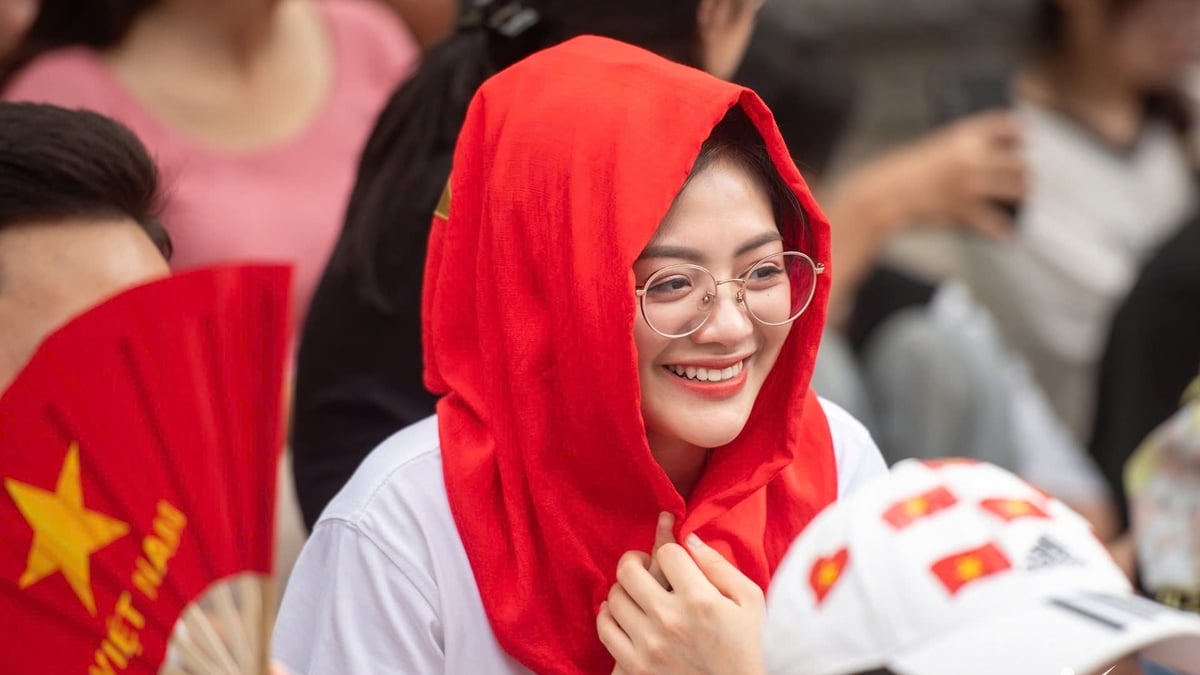
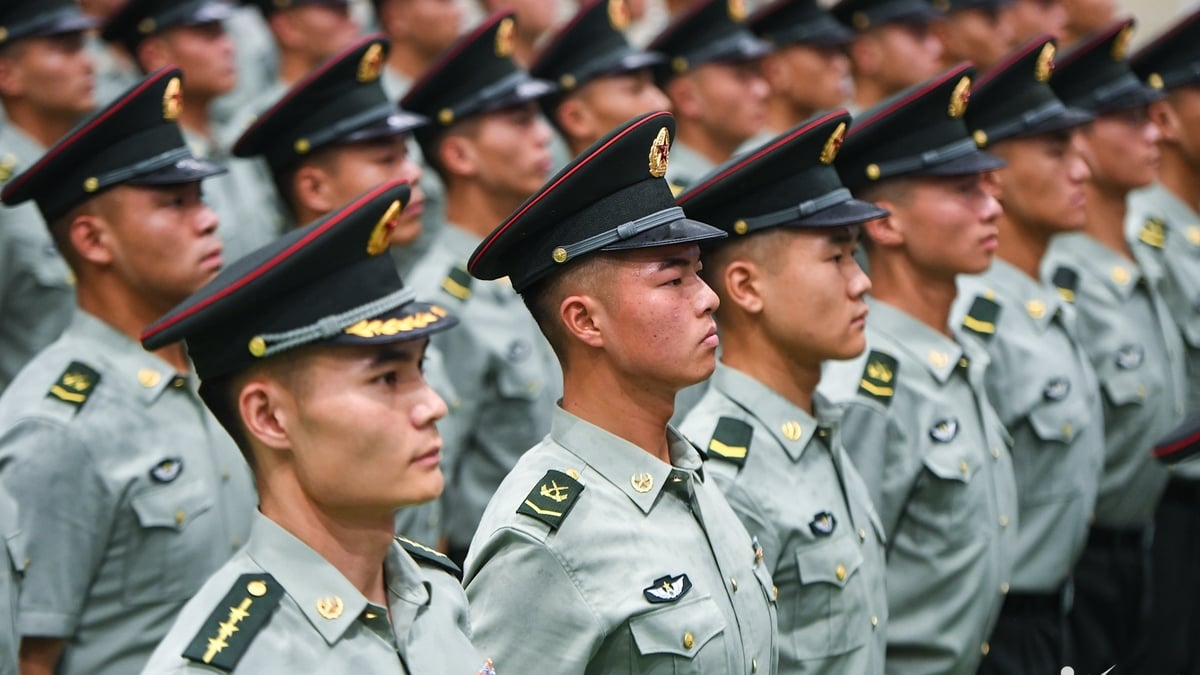
![[Photo] President Luong Cuong receives Speaker of the New Zealand Parliament Gerry Brownlee](https://vphoto.vietnam.vn/thumb/1200x675/vietnam/resource/IMAGE/2025/8/29/7accfe1f5d85485da58b0a61d35dc10f)
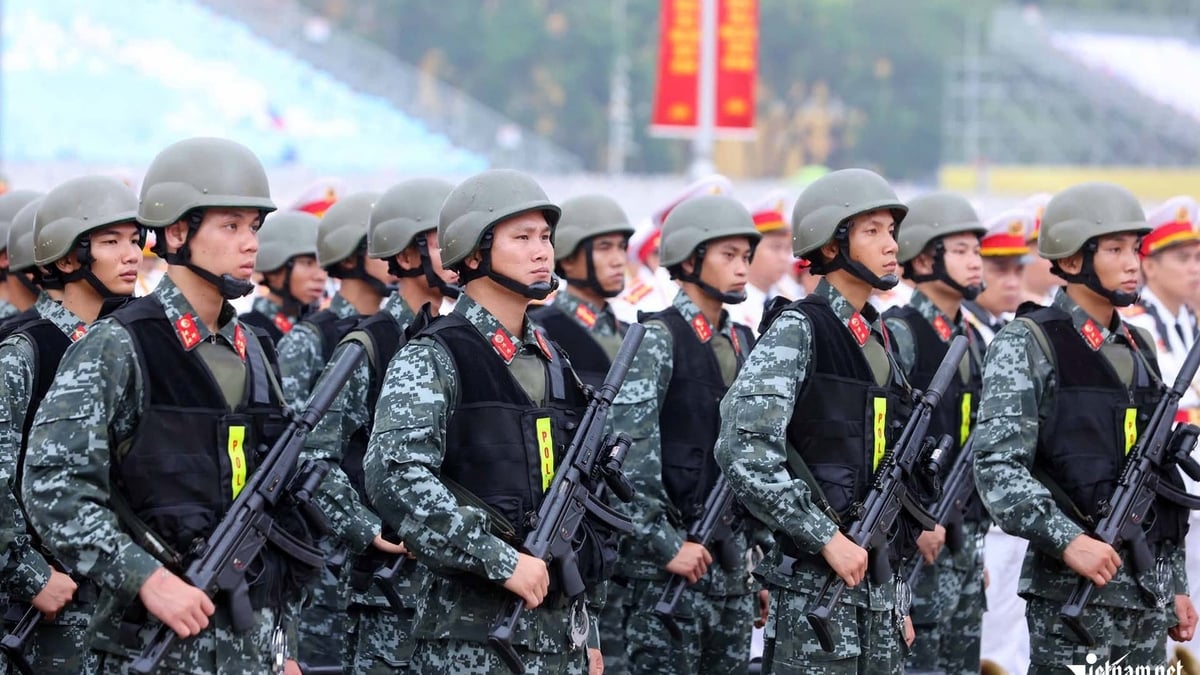



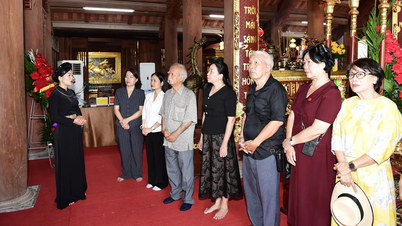


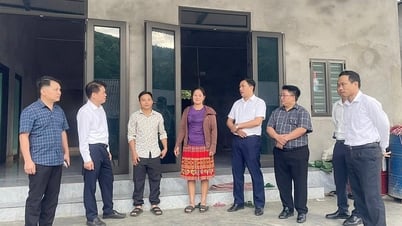
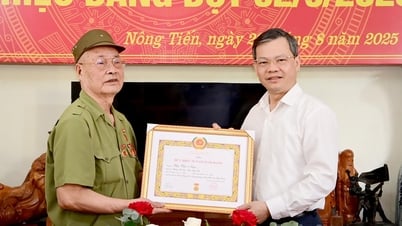



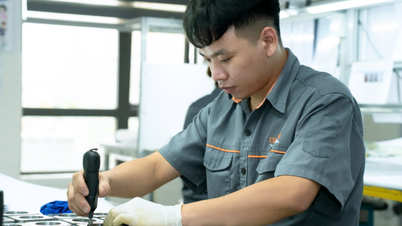








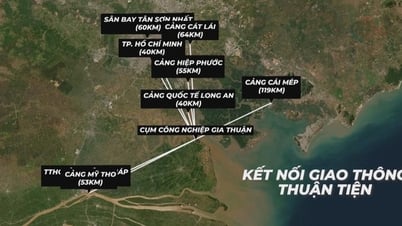

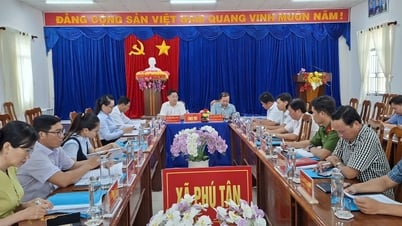

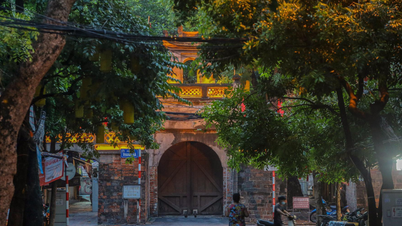











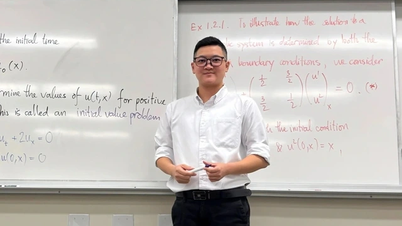

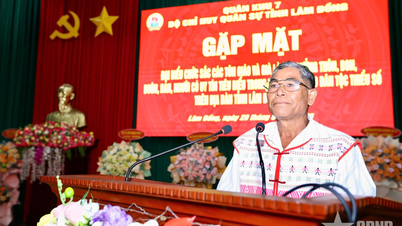

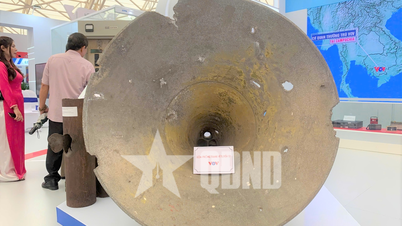


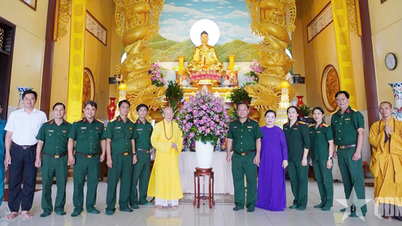
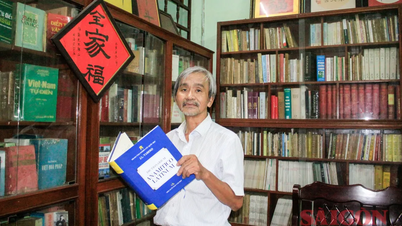




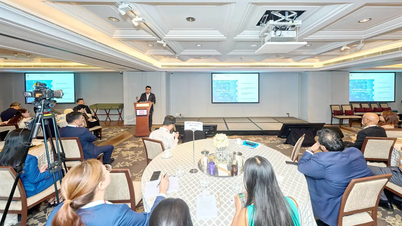
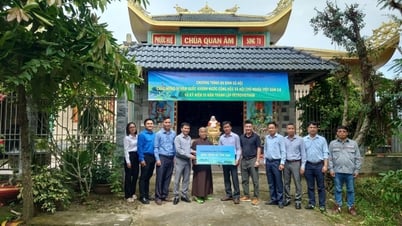


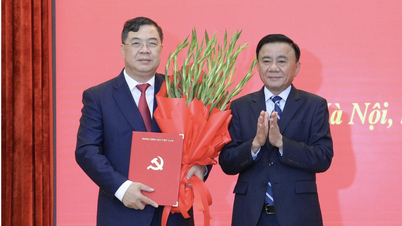
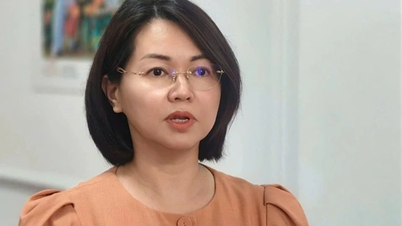
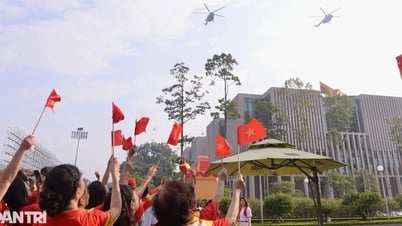

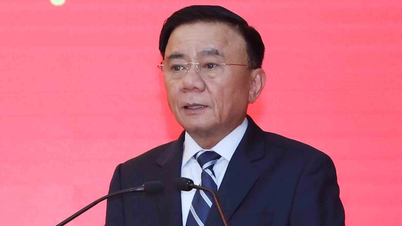


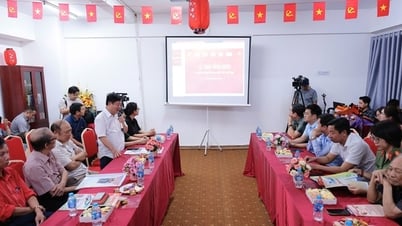

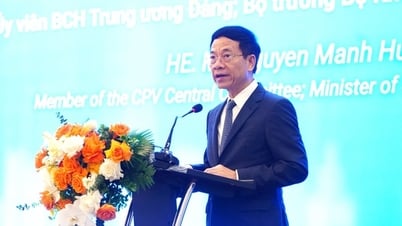

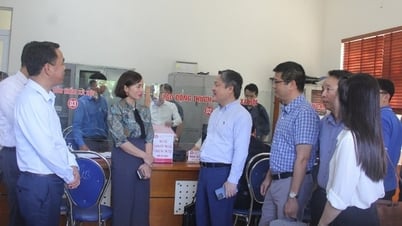



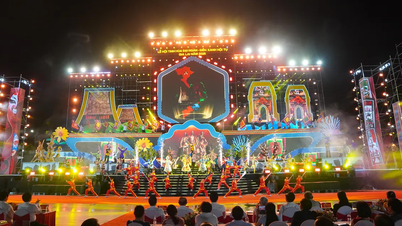
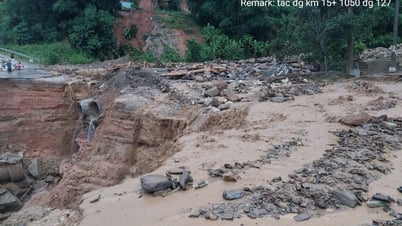

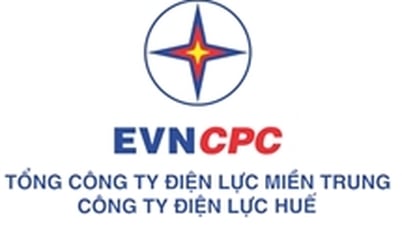















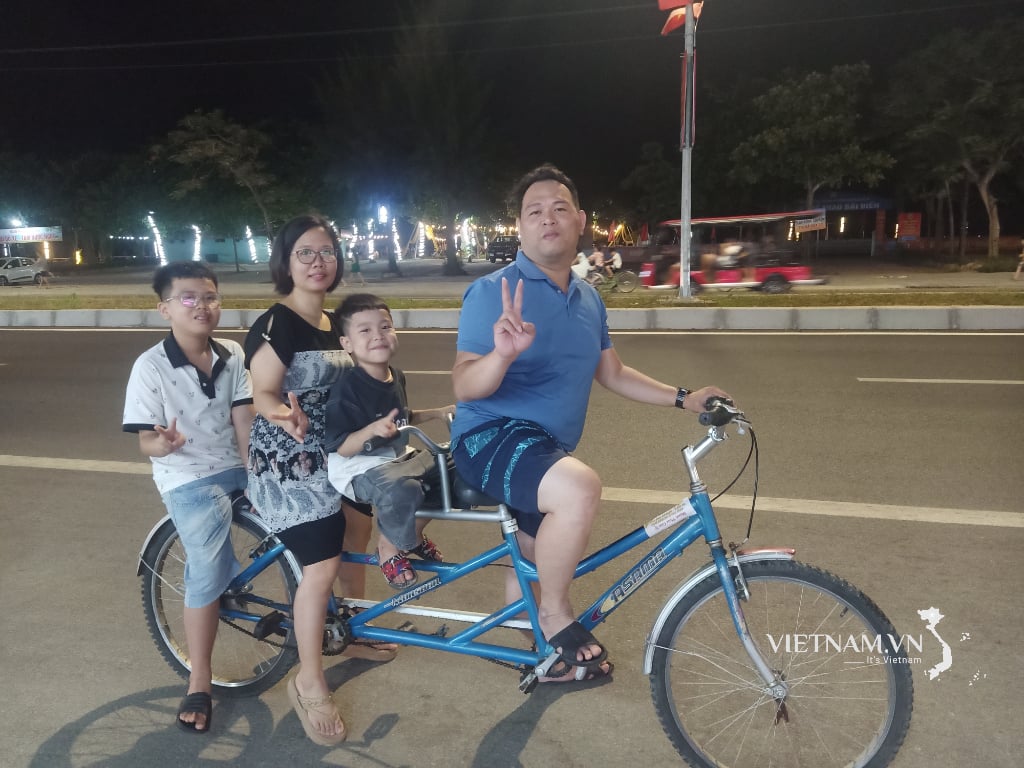

Comment (0)